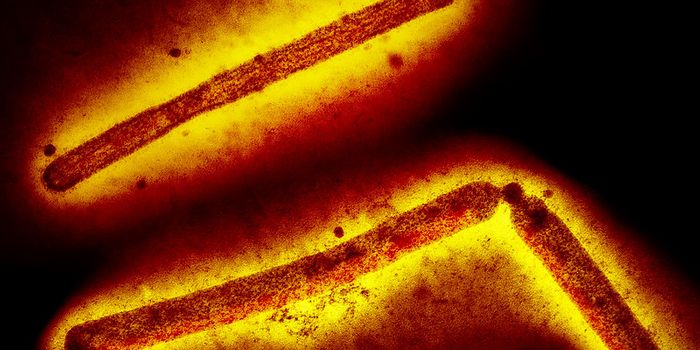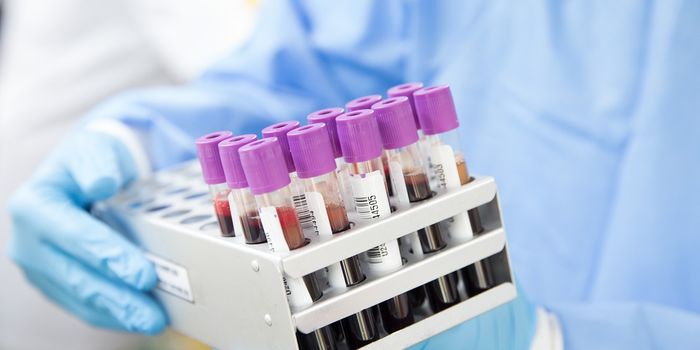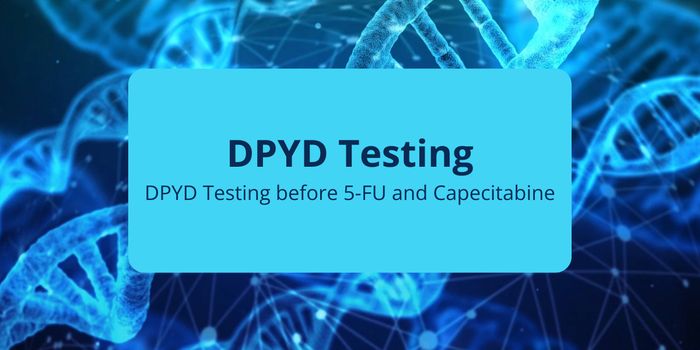Low Testosterone May Increase Risk of COVID-19 Hospitalization For Men
Low testosterone in men, also referred to as male hypogonadism, can impact health and development in a multitude of ways. In adult men, low testosterone can result in symptoms of decreased energy, decreased sex drive, and depression.
Hypogonadism either originates from a problem in the testicles (primary hypogonadism) or from a problem in the hypothalamus or pituitary gland (secondary hypogonadism). Aging, obesity, and malnutrition all increase the likelihood of developing hypogonadism.
Researchers at the Washington University School of Medicine in St. Louis are now shedding light on how low testosterone in men can increase the risk of hospitalization for COVID-19. In their cohort study of 723 men, 116 had hypogonadism and another 180 men were receiving testosterone therapy. These results were collected on individuals who had not been vaccinated against COVID-19.
In the group of men with low testosterone, 52 out of 116 (45%) required hospitalization, and 10 out of 116 (9%) required admission to the ICU. In the group with normal levels of testosterone, 53 out of 427 (12%) required hospitalization, and 13 out of 427 (3%) required admission to the ICU. In the group of men receiving testosterone therapy, 29 out of 180 (16%) required hospitalization, which was similar to the healthy group.
These results are significant as they add hypogonadism to a list of known risk factors for COVID-19 hospitalization, including advanced age, obesity, diabetes, hypertension, chronic lung disease, and cardiovascular and cerebrovascular diseases. These results also suggest that testosterone therapy may be sufficient mitigation to the risk of low testosterone in men.
Co-senior author of the paper, Abhinav Diwan, MD, says that “our study would suggest that it would be prudent to look at testosterone levels, especially in people who have symptoms of low testosterone, and then individualize care.”
“If they are at really high risk of cardiovascular events, then the doctor could engage the patient in a discussion of the pros and cons of hormone replacement therapy, and perhaps lowering the risk of COVID hospitalization could be on the list of potential benefits,” says Diwan.
Sources: MayoClinic, Diabetes and Endocrinology








